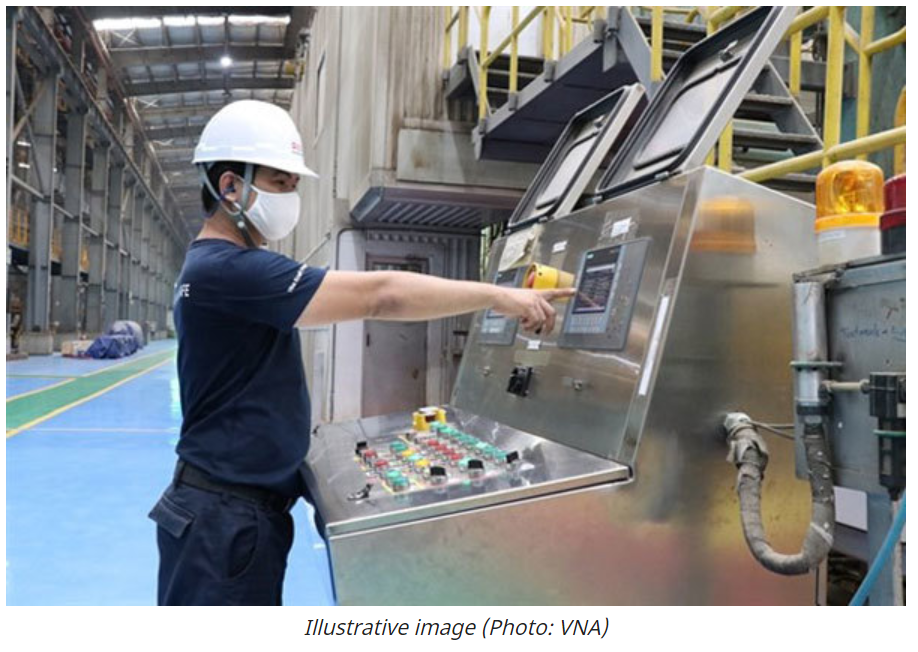Vietnam to attract more foreign investment in high-tech industry
Vietnam will lure more foreign investment in the high-tech industry by offering more incentives and amending requirements for high-tech businesses.
Vietnam’s high-tech industry has seen a new investment wave. Last week, the northern coastal province of Quang Ninh held a ceremony to grant a licence for Jinko Solar Technology Ltd of Hong Kong to invest in a photovoltaic cell technology project worth 500 million USD.
Austrian printed circuit board manufacturer AT&S has been studying several locations in Vietnam to build two factories worth 1.5 billion euros (1.78 billion USD).
The company will make a decision on the location in mid-April and start construction at the end of this year. It expects to complete work within a year.
Do Nhat Hoang, Director of the Foreign Investment Agency under the Ministry of Planning and Investment, said the new investment wave in the high-tech sector was because tech giants like Samsung, Foxconn, Luxshare, and Intel had ramped up their investment and production capacity in Vietnam.
Hoang said most of the global tech giants already had invested or sought investment opportunities in Vietnam.
He said to welcome this new investment wave, the Vietnamese Government had worked out a series of important requirements. In the middle of last month, then Prime Minister Nguyen Xuan Phuc officially issued the new requirements for high-tech enterprises.
Accordingly, high-tech enterprises with a total investment capital of 6 trillion VND (260 million USD) and a number of 3,000 employees or more must commit to spend at least 0.5 percent of their capital for research and development (R&D). Enterprises with a total capital of 100 billion VND and 200 employees or more must commit to at least one percent of their total net revenue.
An anonymous investor said under the new requirements, foreign investors would avoid the “heavy burden” of commitments for R&D activities. Under the new requirements, spending for R&D will also include depreciation of infrastructure investment, fixed assets, vocational training, recurrent expenditures and royalties.
In the past, after the High-technology Law took effect on July 1, 2009, investors increasingly complained about the high requirements for investment projects to be recognised as “high-technology projects.” Commonly cited complaints include the limited number of products that were listed as high-technology products, that high-technology enterprises must commit at least one percent of their annual revenue towards (R&D), and that at least five percent of total workers must be involved in R&D activities.
Hoang said the Ministry of Planning and Investment (MPI) was collecting comments from ministries and agencies before submitting to the Government for approval on special investment policies.
He said under the new regulations, special incentives will be given to innovation hub projects, including National Innovation Centre, R&D projects, and large-scale projects.
“We have proposed four criteria to determine those eligible to enjoy special incentives or not that include technology, technology transfer, participation of Vietnamese businesses in value chains and value added in Vietnam,” said Hoang.
With special incentives, preparation of premises, energy, high-quality human resources, and improvements in the business climate, Vietnam would attract more investment in high-tech projects in the future, he added.
VNA
Source: https://vietnamnet.vn/en/business/vietnam-to-attract-more-foreign-investment-in-high-tech-industry-725847.html


 English
English




